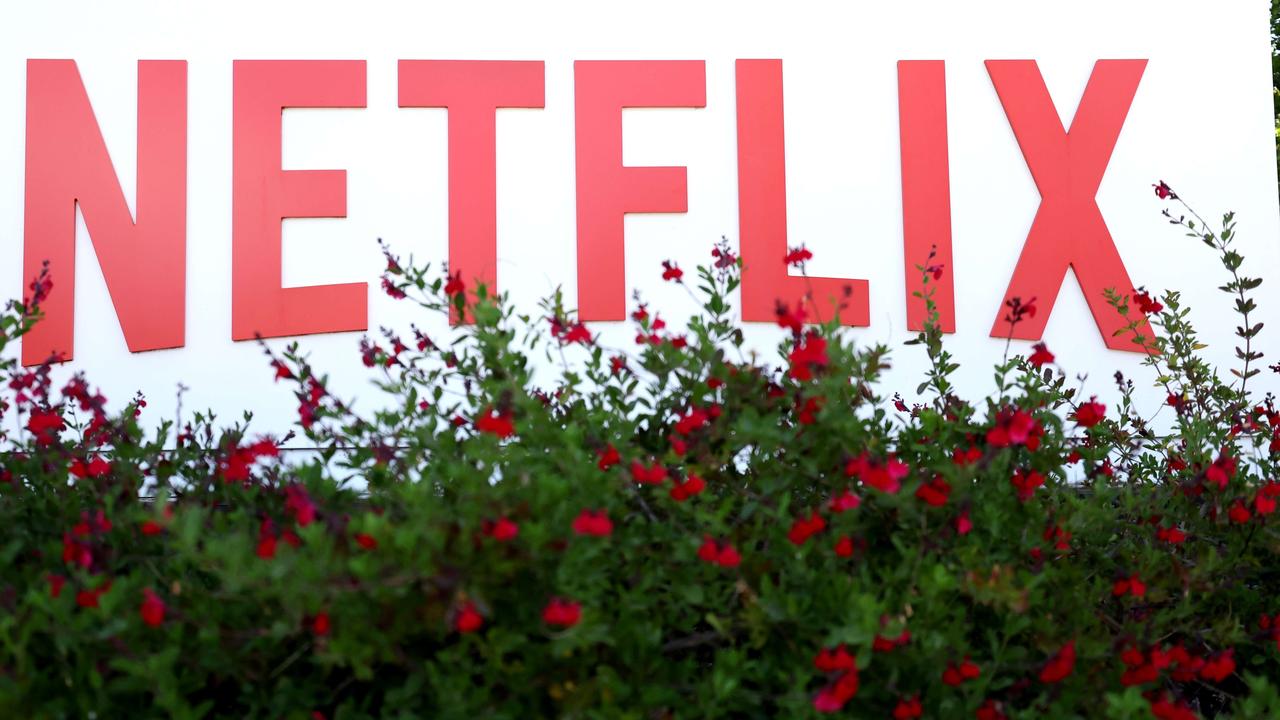Australia’s lucrative $3bn subscription video on demand market is confronting a new headwind from cost-conscious young Australians, with four in 10 Gen Zs cancelling a streaming service in the past three months.
National Australia Bank, which surveyed 2000 Australians to assess consumer sentiment, said younger Australians were now saving up to $900 a year by cutting back on their subscriptions.
“Younger Australians are hitting pause on streaming services and choosing spending control rather than their remote control,” NAB personal banking executive Kylie Young said on Thursday.
“With so many streaming platforms and so much content split across different services, Australians are prioritising what they want to watch and how much they want to save.”
The pullback in subscriptions has increased from the mid-year by about 4 per cent, the bank stated.
And in tough news for behemoths like Netflix and Disney+, Australians of all ages are more likely to give up a TV subscription than cancel a payment to newspapers, news sites, magazines and audio books.
The Australian Communications and Media Authority estimates Australian households spent $3bn on SVOD across 2022, with the average household shelling out $62 a month.
There are now eight major providers, Foxtel, Binge, Amazon Prime, Netflix, Stan, Kayo, Disney+, Apple TV and Paramount+, competing for audience share.
Netflix dominates the market, with nearly 40 per cent of the market by revenue according to ACMA.
“There are signs that the market has reached saturation,” ACMA stated in July.
“With a finite number of subscribers and economic pressures placing strain on household budgets, streaming services are needing to provide more value to keep viewers subscribed, including the quality and size of their content libraries.”
SVOD has expanded in the past decade, with 59 per cent of Australians watching an online subscription service in 2022 compared to 49 per cent in 2019.
NAB’s data suggests while cost-of-living concerns have softened slightly, general sentiment is darkening as more Australians register a greater concern for job security, health, retirement and government policy.
The overall consumer stress index has risen 0.8 points from Q2 2023 to Q3, moving from 56.9 to 57.7.
The survey also suggests Gen Zs are saving up to “splash out” on big, once-in-a-lifetime moments such as special holidays or music concerts.
Young Australians have reduced their spends on restaurants, micro treats, entertainment and car journeys to squirrel away up to $403 a month or $4800 a year.
